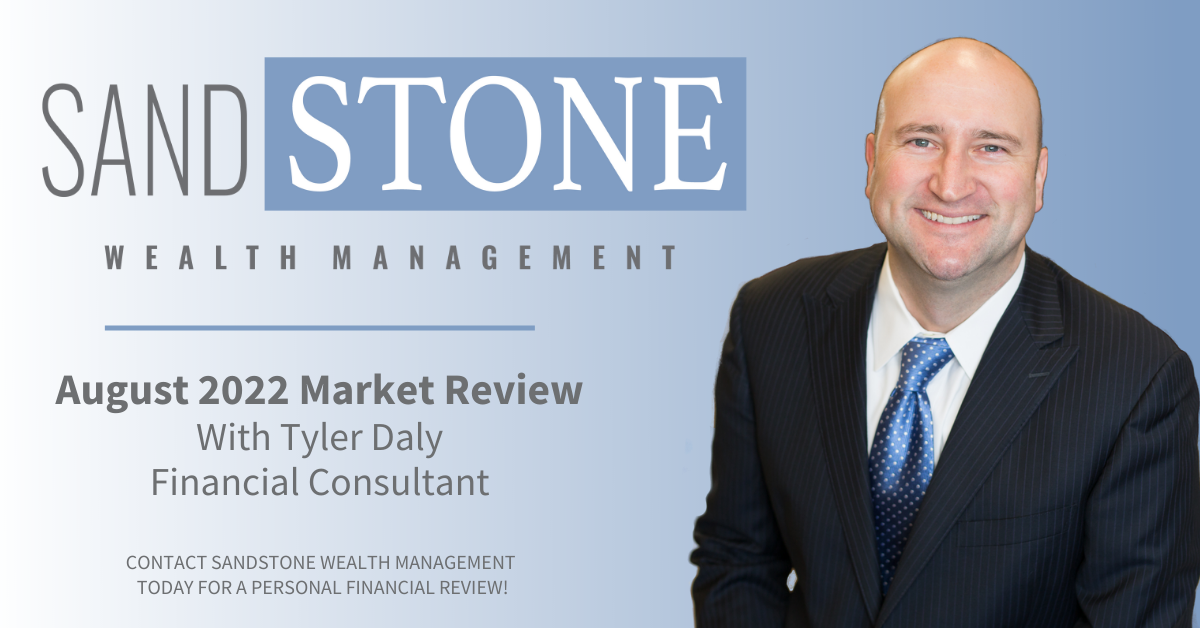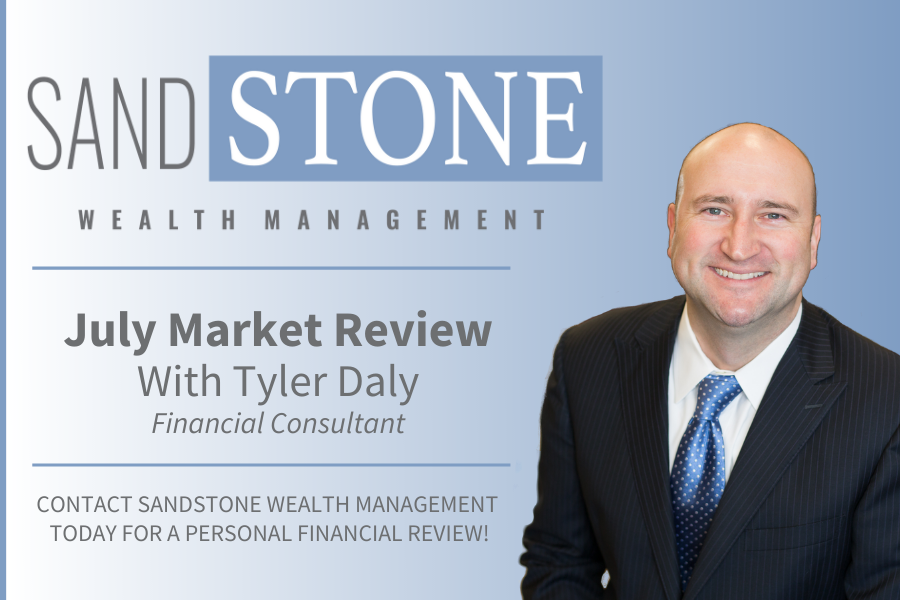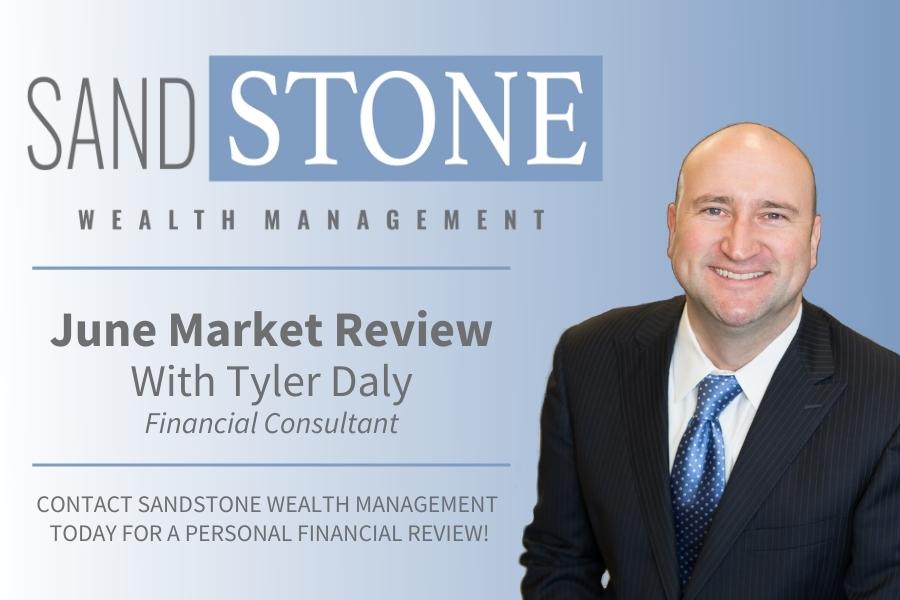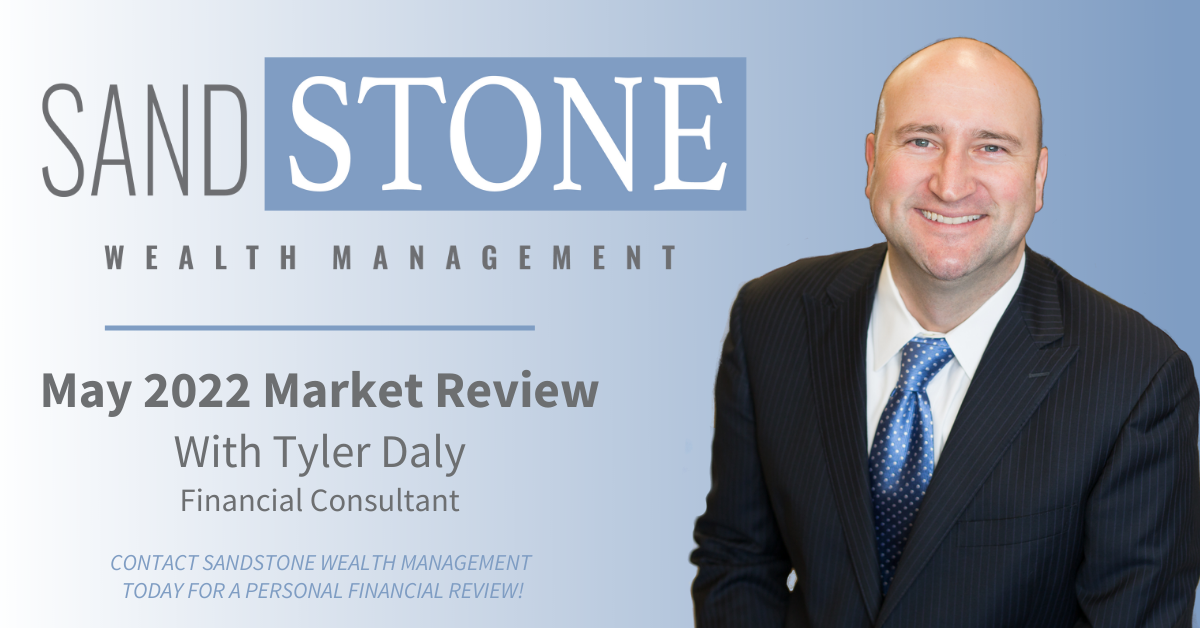
A quarter ago, investors harbored concerns about declining oil prices, an economic slowdown in China, and the tumult wrought on domestic equity markets. While concerns still remain, they’ve been tempered in recent weeks. Oil, for example, has climbed to around $40 a barrel, and China’s Shanghai Composite has experienced a nice little rally of its own. Domestic market performance picked up significantly, as well, following a volatile January and a relatively calm February. All three major domestic stock indices and the international EAFE index were able to stage a comeback for the month of March. Also, the S&P 500 and Dow Jones Industrial Average bounced back enough to erase their losses from January and end the quarter in positive territory.
| 3/31/16 Close | 12/31/16 Close | Change | Gain/Loss | |
|---|---|---|---|---|
| DJIA | 17,685.09 | 17,425.03 | +260.06 | +1.47% |
| NADSAQ | 4,869.85 | 5,007.41 | -137.56 | -2.74% |
| S&P 500 | 2,059.74 | 2,043.94 | +15.80 | +0.77% |
| MSCI EAFE | 1,660.68 | 1,716.28 | -55.60 | -3.24% |
*Reflects price returns as of market close on March 31, 2016.
Federal Reserve Chair Janet Yellen has indicated that the central bank’s decision to raise short-term interest rates will be data dependent, with a primary focus on the job market and the inflation outlook. However, while the Fed’s economic outlook has not changed much since the mid-December policy meeting, officials are aware of greater downside risks to growth – and therefore, expect to proceed “cautiously” in normalizing monetary policy. Investors seemed to appreciate Yellen’s passive tone, and stocks rallied after she reaffirmed that the Fed will likely take its time in raising rates. The policy expectations of Fed officials vary, but most now anticipate just two rate hikes this year, instead of four.
Like Yellen, Raymond James Chief Economist Scott Brown sees signs of moderate growth and strong consumer fundamentals and housing data, but is keeping an eye on soft business fixed investments and the impact of a strong dollar. Election-year uncertainty may also come into play, fueling further caution among businesses.
Chief Investment Strategist Jeff Saut also remains cautiously optimistic, noting in recent commentary that underlying fundamentals are positive and that any pullback from the upswing in the market is likely to present attractive buying opportunities for investors poised to take advantage.
“We continue to believe the secular bull market remains in place and has years left to run,” Saut wrote during the last week of the month. “While GDP growth may be slow, it is sustainable. Employment is being driven by full-time jobs. And with unemployment at 4.9%, and college-degreed unemployment at 2.5%, we are near full employment.”
I’ll continue to monitor the issues at hand and pay close attention to the latest economic data and financial news. In addition, I’ll be sure to let you know if any of these trends presents a buying opportunity for you or could affect your long-term financial plan.
In the meantime, please feel free to call me if you have any questions. I look forward to speaking with you.
Sincerely,
Tyler Daly
Financial Advisor
Raymond James Financial Services, Inc.
*Investing involves risk, and investors may incur a profit or a loss. Past performance is not an indication of future results and there is no assurance that any of the forecasts mentioned will occur. Investors cannot invest directly in an index. The Dow Jones Industrial Average is an unmanaged index of 30 widely held stocks. The NASDAQ Composite Index is an unmanaged index of all common stocks listed on the NASDAQ National Stock Market. The S&P 500 is an unmanaged index of 500 widely held stocks. The MSCI EAFE (Europe, Australia, Far East) index is an unmanaged index that is generally considered representative of the international stock market. International investing involves additional risks such as currency fluctuations, differing financial accounting standards, and possible political and economic instability. These risks are greater in emerging markets. The performance noted does not include fees or charges, which would reduce an investor's returns.
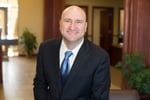
Tyler has been in the financial services industry since 2004 and with Sandstone Wealth Management and Heartland Bank since 2009. He is Series 7, 66 and Insurance licensed to assist his clients with all their investing, financial planning, and insurance needs. Tyler was recently named to the Forbes List of America's Top Next-Generation Wealth Advisor, which recognizes advisors from national, regional, and independent firms. Tyler graduated from the University of Nebraska-Lincoln with a Bachelor’s Degree in Diversified Agriculture and was born and raised in the Nebraska Sandhills. This gives him an intimate knowledge and understanding of his farming and ranching clients. Tyler is married to Rachel, who earned her Doctorate of Pharmacy from the University of Nebraska. They have two children, Camilla and Cooper. Away from business, he enjoys officiating high school basketball in the winter as well as golfing and team roping in the summer.
